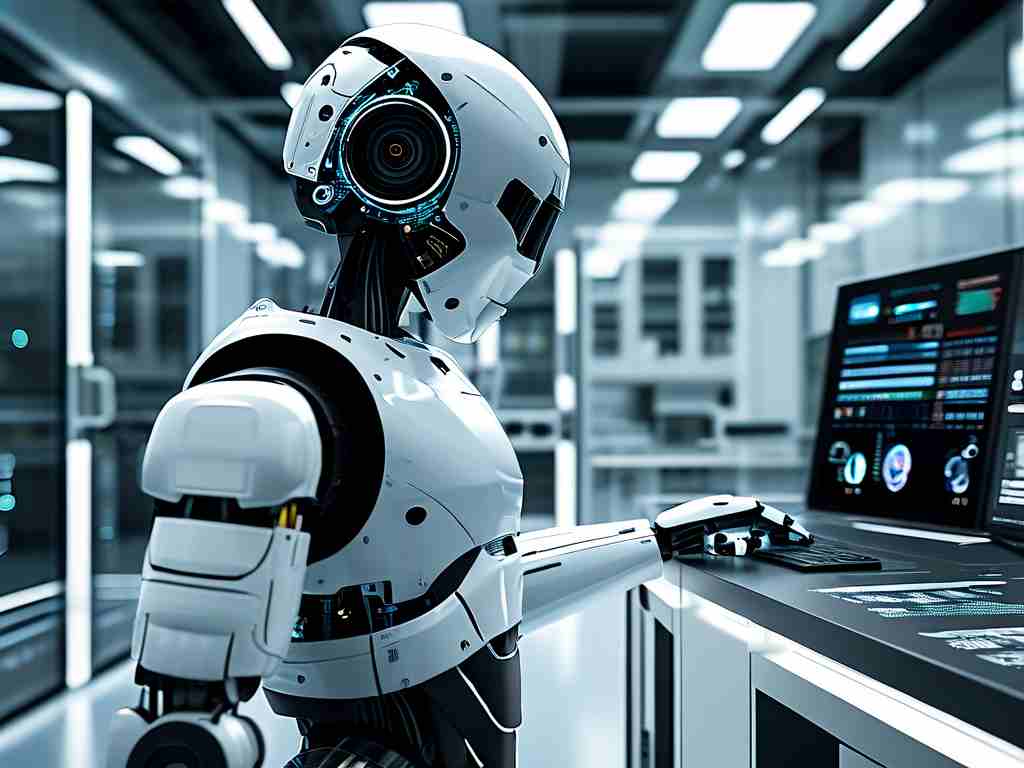The rapid evolution of quantum information technology is unlocking unprecedented possibilities across diverse sectors. Unlike classical computing, which relies on binary bits, quantum systems leverage qubits capable of existing in multiple states simultaneously. This unique property enables solutions to problems once deemed intractable, reshaping industries from healthcare to cybersecurity.

In the realm of drug discovery, quantum computing accelerates molecular simulations. Pharmaceutical companies like Roche and Pfizer now collaborate with quantum startups to model complex protein interactions. By simulating molecular behavior at quantum levels, researchers reduce trial-and-error experimentation, potentially cutting drug development timelines from years to months. For instance, a 2023 study by Harvard Quantum Initiative demonstrated how quantum algorithms identified promising candidates for Alzheimer’s treatment 40% faster than classical methods.
Financial modeling is another area undergoing transformation. Banks such as JPMorgan Chase deploy quantum algorithms to optimize portfolios and predict market fluctuations. Quantum machine learning models analyze vast datasets—including geopolitical events and consumer trends—to generate real-time risk assessments. Goldman Sachs recently reported a 25% improvement in trading strategy accuracy after integrating quantum-enhanced predictive analytics.
Cybersecurity faces both challenges and opportunities. Quantum computers threaten current encryption standards like RSA, which rely on factoring large numbers—a task quantum systems could accomplish in minutes. However, quantum key distribution (QKD) offers countermeasures. China’s Micius satellite, launched in 2016, showcased QKD by enabling hack-proof communication between Beijing and Vienna. Enterprises like Toshiba now commercialize QKD networks, with telecom providers planning city-wide quantum-safe infrastructures by 2025.
The energy sector benefits through optimized resource management. Quantum sensors improve oil exploration by detecting subterranean reserves with pinpoint accuracy. Shell has piloted quantum gravimeters in the North Sea, reducing drilling costs by 18%. Meanwhile, quantum algorithms help balance power grids by predicting demand spikes. A pilot project in Texas used hybrid quantum-classical systems to prevent blackouts during 2022 heatwaves, saving an estimated $200 million in outage-related losses.
Logistics and supply chains also gain efficiency. DHL and Amazon experiment with quantum annealing to solve routing complexities. In 2023, a European logistics firm reduced delivery times by 30% by applying quantum optimization to its fleet schedules. Similarly, Airbus uses quantum simulations to design lighter aircraft materials, aiming to cut fuel consumption by 15% by 2030.
Despite progress, hurdles remain. Qubit stability and error rates persist as technical bottlenecks. Companies like IBM and Google race to develop fault-tolerant quantum processors, with IBM’s 433-qubit Osprey chip marking a milestone in 2022. Meanwhile, governments invest heavily: the EU’s Quantum Flagship initiative pledged €1 billion to bridge research and commercialization gaps.
Ethical considerations demand attention. Quantum advancements could widen global inequality if access remains limited to tech giants. Initiatives like CERN’s Open Quantum Institute aim to democratize technology for climate and healthcare applications. Additionally, policymakers must update regulations to address quantum-powered surveillance risks.
Looking ahead, hybrid systems blending classical and quantum computing will dominate near-term applications. As hardware matures, industries will witness breakthroughs in AI training, materials science, and climate modeling. For businesses, staying informed and partnering with quantum innovators is no longer optional—it’s strategic imperative.
In , quantum information technology transcends theoretical promise, delivering tangible value across sectors. Organizations embracing this paradigm shift today will lead tomorrow’s economy, turning quantum uncertainties into measurable advantages.









